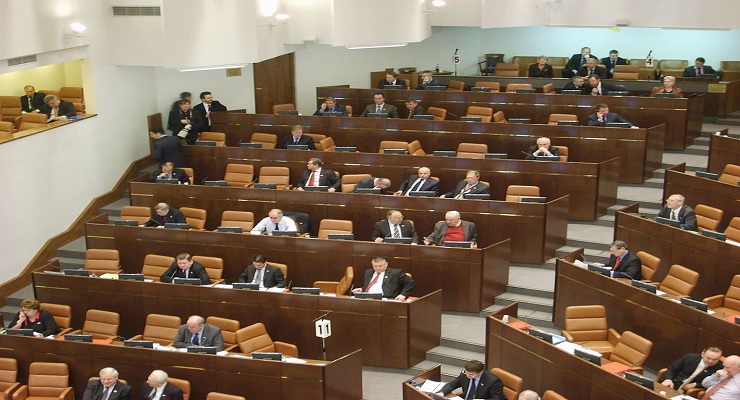
From Human Rights Watch
The Russian government is developing a draft law to enable the authorities to freeze the bank accounts of people who donate to or finance protests that are deemed unlawful, Human Rights Watch said today. If adopted, the provisions would further jeopardize freedom of assembly in Russia and could punish people for their democratic support of a variety of causes.
The provision is one of several amendments being considered in a bill to prevent and address the financing of terrorism, extremism, drug trafficking, and money laundering. It has the insidious effect of placing the financing of unauthorized demonstrations in the same category as these other forms of serious criminal activity, Human Rights Watch said.
“The provision on financing public assemblies should be immediately dropped from the bill,” said Damelya Aitkhozhina, Russia researcher at Human Rights Watch. “Russia has already adopted a slew of laws that unjustly punish protesters, and this bill would enable the government even to target and intimidate someone who paid for some flyers or protest signs.”
The bill, “On amendments to laws of the Russian Federation concerning the financing of terrorism and other illegal activities” is being developed by Rosfinmonitoring, the Russian Federal Financial Monitoring Service, a governmental agency mandated to monitor money laundering and financing of terrorism.
The bill would allow police to issue orders without court authorization to freeze bank accounts or transactions for up to 10 days if they have “sufficient, verified and documented information” that those accounts were used to finance the organization or conduct of public assemblies that were not in compliance with the law. This means that almost any assembly could fall afoul of the law if the authorities decide the organizers have not complied with procedures or that participants have acted improperly. Police would have to notify the office of the prosecutor general within 24 hours of issuing the order. The order is supposed to be cancelled if it turns out that it was issued based on erroneous information, but the same police official who ordered the action is responsible for cancelling it, with no provisions for oversight.
The draft does not set out any special procedure for the affected person to challenge the action. Nor does it specify whether the frozen funds would be released after 10 days, whether the police could extend the order without a court order, and whether there would be a limit on a number of such extensions.
The bill also provides for courts to issue orders to freeze bank accounts for indefinite periods. Courts would be able to allow limited monthly withdrawals from the frozen account for minimum subsistence needs, but the amounts provided for under Russian law (e.g. RUB 10,213/US$160 for 2019) are too low to cover even the basic needs.
Full article found at Human Rights Watch.
Leave a Reply